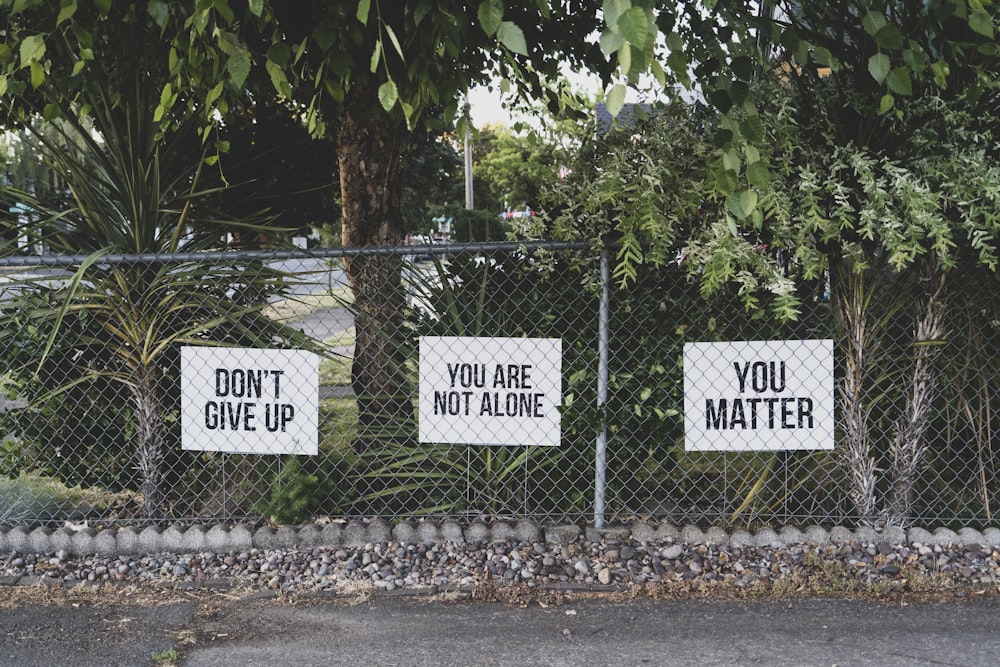In the Eyes of the Believer column of the Catholic Times, a pastor gives us some help in understanding what is happening in the Care World of society.
In the past, care work such as childcare and elderly care was considered a personal and private responsibility of women, leading to the stereotype of "burdensome childcare" and "burdensome caregiving" that women had to endure. However, with changes in society, childcare has gradually shifted to grandparents, daycare centers, and academies, while elderly care has moved to nursing homes.
Despite care work becoming part of the social system, its role has continued to be regarded as women's work, and femininity has been undervalued and exploited due to the outdated notion that it is "unproductive." Care work has remained tied to low wages and low social status.
Nowadays, care work needs to be given priority and placed at the center of all areas, including the home, family, community, country, and the world. The reason for this is that globalization led by transnational corporations, known as the "shadow state," has generalized the absence of care, a situation in which structural indifference dominates, and the poor and socially vulnerable are ignored.
Pope Francis, who foresaw this situation early on, mentioned "the globalization of indifference" in the Apostolic Exhortation Evangelii Gaudium and pointed out the "throwaway culture" that uses people as long as they are useful and discards them when they are no longer needed— the poor, the unborn, the elderly, and the youth who are forced into unemployment and irregular jobs. The pope also emphasized the need to promote a "culture of care" in all areas, to confront the pervasive culture of indifference.
As the need for the systematization and institutionalization of care work is emerging, there is an urgent need for a "care ministry" within the church to promote a culture of care. According to the "2022 Poverty Statistics Yearbook" published by the Korea Institute for Health and Social Affairs this year, the poverty rate for single-person households in 2020 reached 47.2%. If we look closer, the poverty rate for single-person households of people aged 65 and over was as high as 72.1%. The care crisis has become a serious social issue, and it is time to address it by recognizing care work as an essential and valuable part of our lives, society, and economy.
The increase in poverty leads to 'dying alone' and "increased suicide rates." During the COVID-19 pandemic, the Catholic Church was recognized in Seoul with its "Myeongdong Soup Kitchen" for homeless people and serving in shelters. However, the church cannot be satisfied with that alone. Various forms of care ministry must be implemented in various fields, such as childcare and youth care, care for single-person households of young and old-aged people, and psychological counseling and spiritual care. This is because the church's practice of love ultimately manifests itself in care.
The parable of the Good Samaritan in the Gospel of Luke presents a model for true care. The Samaritan approached a dying man and healed his wounds, but he did not stop there. He took him to an innkeeper and asked for him to be cared for until he recovered.
In this age of caregiving, the traditional role of approaching the suffering and healing their wounds is still important, but it is also necessary to build a caregiving infrastructure that allows for collective care through solidarity with one another. If we shift our thinking, we can see that local churches can serve as a caregiving infrastructure for collective care. We hope that the church community can become a platform for the caregiving mission, rather than simply remaining in the traditional role of caregiving.






